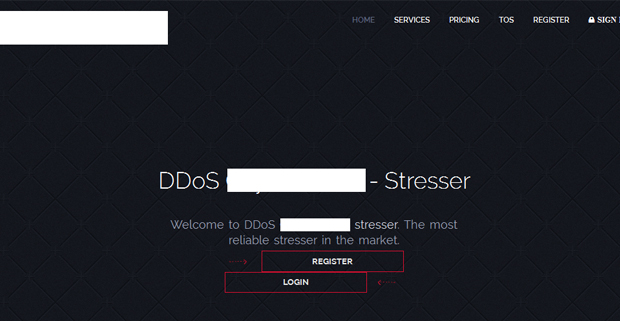DNS-based DDoS amplification attacks have significantly increased in the recent months, targeting vulnerable home routers worldwide, finds new research by Nominum.
A simple attack can create 10s of Gbps of traffic to disrupt provider networks, enterprises, websites, and individuals anywhere in the world.
The research reveals that more than 24 million home routers on the Internet have open DNS proxies which expose ISPs to DNS-based DDoS attacks.
In February 2014, more than 5.3 million of these routers were used to generate attack traffic. During an attack in January 2014, more than 70% of total DNS traffic on a provider’s network was associated with DNS amplification.
The study also finds that DNS is by far the most popular protocol for launching amplification attacks, with more available amplifiers than the next four protocols combined.
DNS amplification attacks require little skill or effort and cause major damage; this is the reason why they are increasingly popular. Because vulnerable home routers mask the target of an attack it is difficult for ISPs to determine the ultimate destination and recipient of huge waves of amplified traffic.
Nominum recently launched VantioThreatAvert to address the gaps in existing ISP DDoS defenses. The solution leverages Nominum’s Global Intelligence Xchange (GIX), a database of malicious DNS amplification domains that is continuously updated, and Precision Policies, which enable ISPs to pinpoint and neutralize attack traffic. Together they enable ISPs to protect their networks proactively.
Traffic from amplification amounts to trillions of bytes a day disrupting ISP networks, websites and individuals. The impact on ISPs is fourfold:
• Network impact generated by malicious traffic saturating available bandwidth
• Cost impact generated by a spike in support calls caused by intermittent service disruption
• Revenue impact as poor internet experience leads to increased churn or retention expenses
• Reputation impact as unwanted traffic is directed toward peers
“Existing in-place DDoS defenses do not work against today’s amplification attacks, which can be launched by any criminal who wants to achieve maximum damage with minimum effort,” explained Sanjay Kapoor, CMO and SVP of Strategy, Nominum. “Even if ISPs employ best practices to protect their networks, they can still become victims, thanks to the inherent vulnerability in open DNS proxies.”
“ISPs today need more effective protections built-in to DNS servers. Modern DNS servers can precisely target attack traffic without impacting any legitimate DNS traffic. ThreatAvert combined with ‘best in class’ GIX portfolio overcomes gaps in DDoS defenses, enabling ISPs to constantly adapt as attackers change their exploits, and precision policies surgically remove malicious traffic.”










































































































